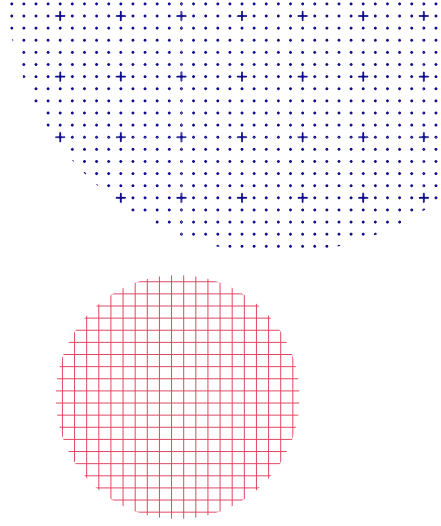Share the page
Banco La Hipotecaria: financing affordable housing in Panama and El Salvador
Project


-
Signature date
-
-
Location
-
Panama, Salvador
-
Financing tool
-
Financing amount (Euro)
-
23273626
-
Financing details
-
Guarantee given of USD 27.5m
-
Customer
-
NETHERLAND DEVELOPMENT FINANCE COMPANY
-
Type of customer
-
Financial institution
-
Country of headquarters
-
The Netherlands
-
Project number
-
PPA1021
This information is given at the time of signature, without prejudice to any developments in the operation/project.
Proparco is supporting access to affordable housing for low-income households in Panama and El Salvador by contributing to the financing allocated to Banco La Hipotecaria by FMO.
Client presentation
Banco La Hipotecaria S.A. (“BHL”) is a privately-owned bank set up in Panama in 1997. It is specialized in financing affordable housing. Since it was set up, the Group has expanded its activities in Colombia and El Salvador, via two subsidiaries wholly owned by BHL. The Group’s activities in Colombia and El Salvador account for 11% and 16% of the Group’s mortgage portfolio, respectively. BHL is the only regional entity operating exclusively in the segment of affordable housing for low to middle-income borrowers, while there is a marked lack of access to quality housing in the region.
Project description
The project consists of USD 60m of financing allocated to Banco La Hipotecaria by FMO. The objective is to support its affordable housing financing activity in Panama and El Salvador.
Proparco is involved in this project via a USD 27.5m risk subparticipation behind FMO.
Project impact
The main expected impacts of the project are as follows:
- Improvement in access to quality affordable housing in Panama and El Salvador for 1,750 people over the next 5 years via the acquisition by BHL of some 450 additional housing units. BHL is the only regional institution dedicated to mortgage financing for low to middle-income people (between USD 400 and USD 1,500 a month), a segment still underserved.
- Over 4,000 direct and indirect jobs supported over the next 5 years, with 55% of jobs held by women in the institution.
The project will contribute to SDG 8 (Decent work and economic growth) and SDG 10 (Reduced inequalities).


